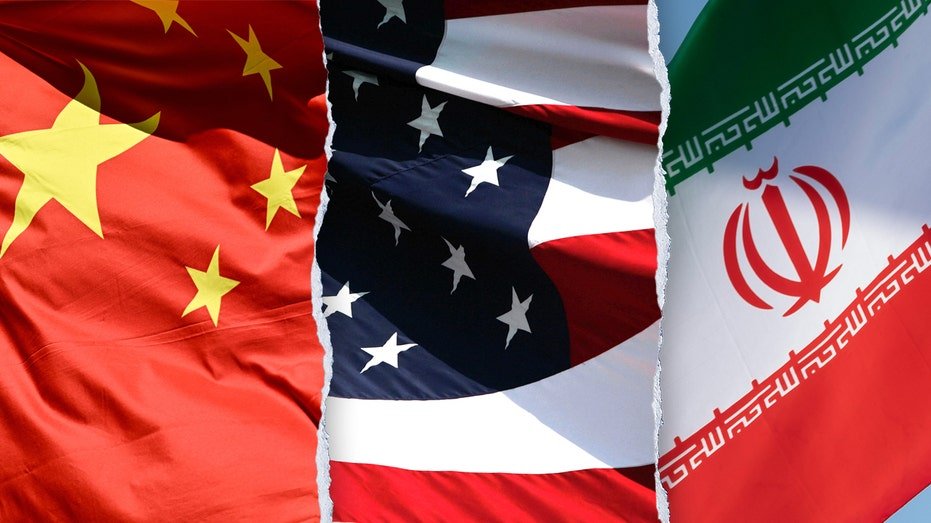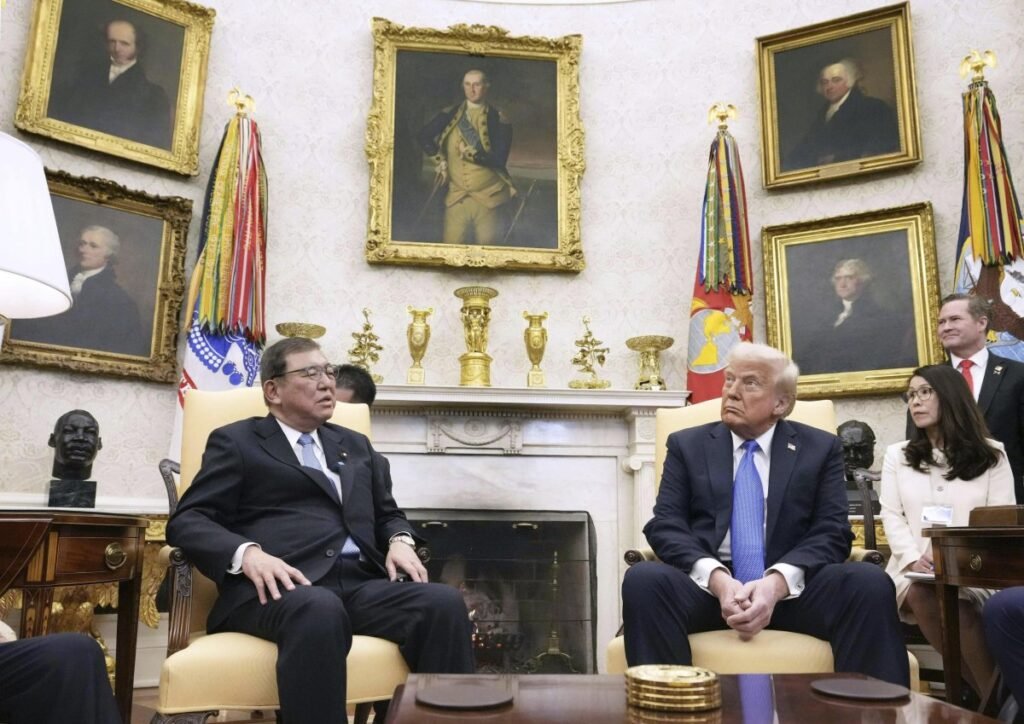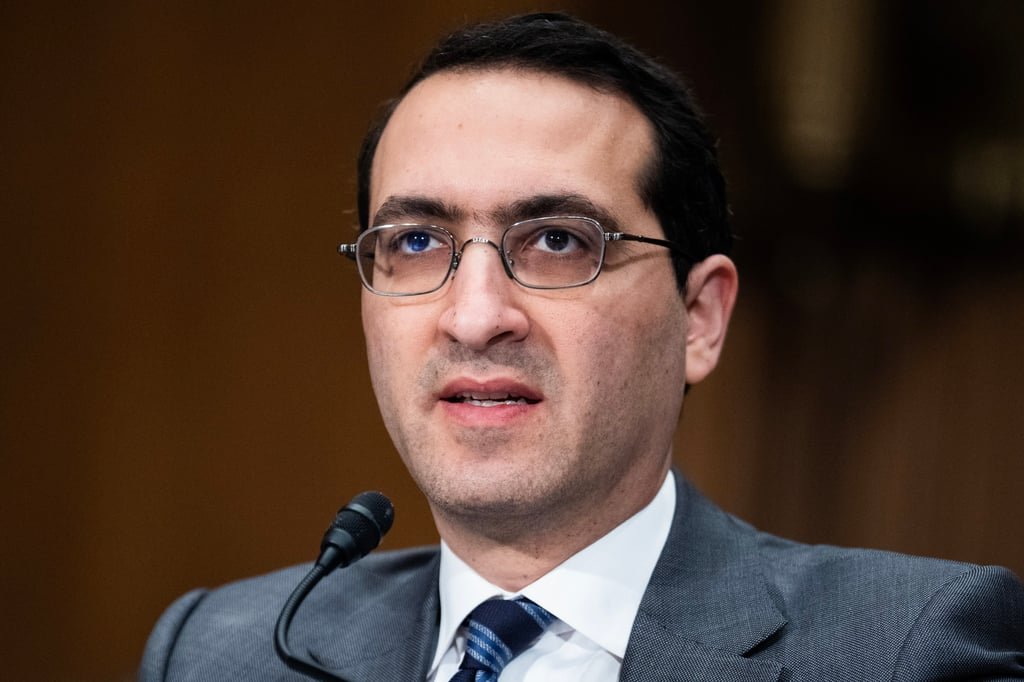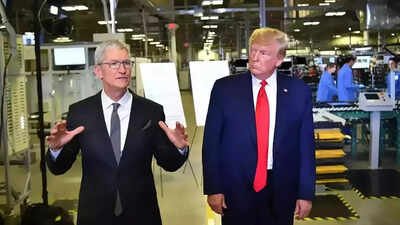This is not investment advice. The author has no position in any of the stocks mentioned. Wccftech.com has a disclosure and ethics policy.
In a House Foreign Affairs South and Central Asia Subcommittee hearing for the Commerce Department’s Bureau for Industry and Security (BIS), Under Secretary of Commerce for Industry and Security Jeffrey Kessler confirmed to the elected officials that China was capable of producing at most 200,000 Huawei Ascend chips. Kessler’s hearing revolved around Chinese AI chip production, the efforts the US is making to ensure chips supplied to Gulf countries don’t make their way to Chinese companies and ensuring US technology is used worldwide in AI applications.
US Working To Strengthen Multilateral Export Control Regime For AI Chips, Says Kessler
At the hearing’s start, Representative Bill Huizenga (R-MI) questioned Kessler about whether Commerce Secretary Howard Lutnick’s recent statements of China being able to produce 200,000 AI chips was the “US government’s formal production and whether it referred to Huawei’s advanced AI chips or all Chinese AI chips.
In response, Kessler confirmed that the government assessed that “Huawei’s Ascend chip production capacity for 2025 will be at or below 200,000.” He added that “most or all” of these chips will be delivered to companies in China.
While 200,000 chips a year is a small figure, with estimates from Omdia suggesting NVIDIA shipped at least two million AI chips to its largest customers in 2024, the Commerce official warned against taking “too much comfort from that fact.” He believes that China “is investing huge amounts to increase its AI chip production” and in “the capabilities of the chips that it produces,” which requires the government to “understand that China is catching up quickly.”
The conversation then shifted to the recent US-UAE chip deal under President Trump’s Stargate initiative. Representative Sydney Kai Kamlager-Dove (D-CA) asked Kessler whether Saudi and Emirati governments have signed “any security agreements to protect US technology from being diverted to or remotely accessed by Chinese entities.”

In response, the Under Secretary remarked: “Well what I can say is that the governments that we made deals with are very much aware of the security requirements that we have when we export AI chips.” He added that any chips these countries would get would need the BIS’ approval, with the agency determining “whether the chips are going to be secure when they’re deployed overseas” as a key factor before granting approval.
Representative Ami Bera (D-CA) asked Kessler how China was closing the gap with the US in chip production, as the 200,000 figure confirmed earlier was “a surprisingly small number.” Responding to the question, the Under Secretary outlined that US policy to contain China’s chip ambitions revolves around two prongs.
The first is to ensure American AI chips are used worldwide “through “deals like the ones that the President just concluded in the Middle East,” which he believes will “help cement America’s primacy in this area.” The second prong, according to Kessler, is export controls, which ensure that “American technology doesn’t become sort of an input, an element of the technological advancement that companies like Huawei or others that are controlled by our adversaries have.”
Kessler was also asked about the extent to which US efforts to prevent China from accessing advanced AI chips were undermined by allies’ export controls and for a candid assessment of multilateral export control success. Commenting that it was a “complicated question,” he admitted, “there’s a lot more to be done.” According to him, while there “has been progress in achieving greater alignment between the United States and some of those countries,” the partnership is nevertheless incomplete in “important ways.”
In fact, the Under Secretary went as far as to reveal that the “areas where we haven’t yet achieved alignment unfortunately are enabling US adversaries to advance and cultivate their technology.” According to him, “The system, the regime that the United States and its partners and allies have set up has encouraged adversaries to find alternative pathways to acquire advanced technology.” The adversaries are “very good at finding ways around the rules, and that’s happening” as part of a problem “I’ve been very focused on personally,” Kessler said.







